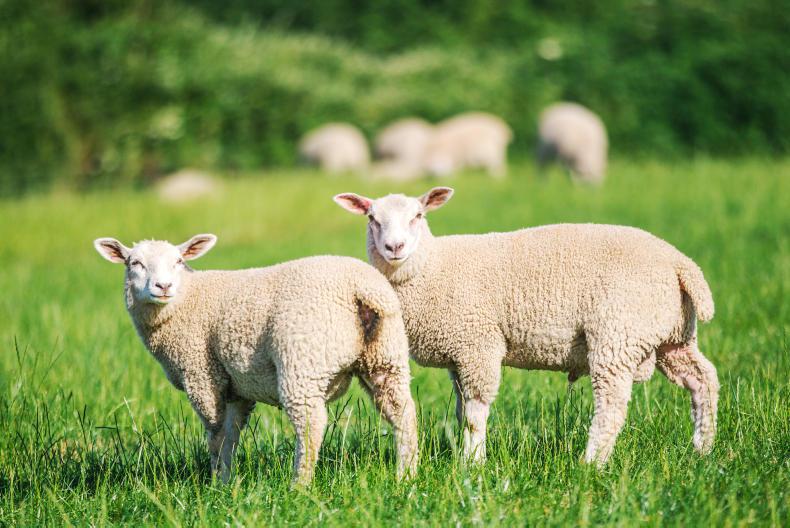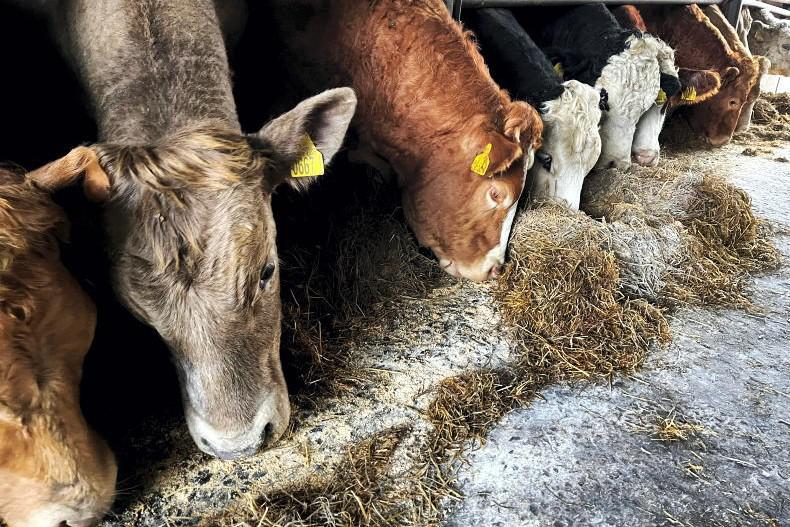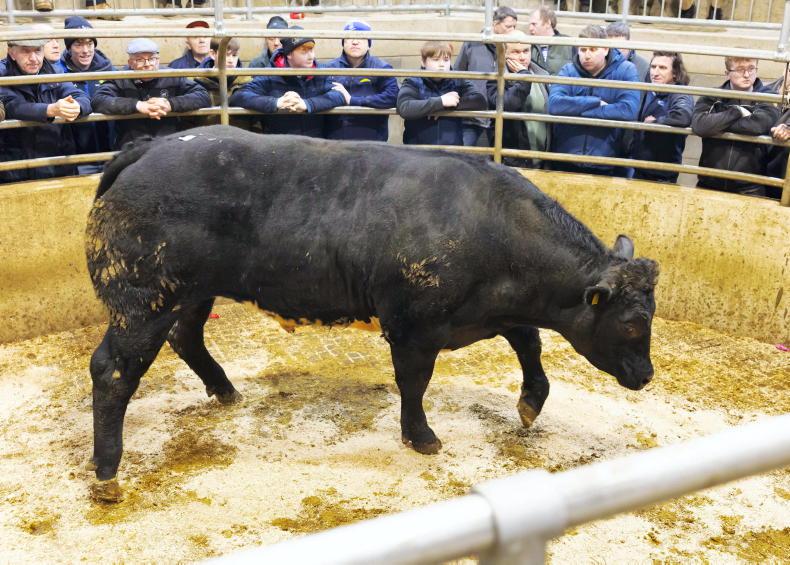The chair of Kerry IFA Pat O’Driscoll said IFA will be reflecting on the decision of An Bord Pleanála and analysing the implications for farmers/landowners in Kerry and across the country.
IFA is committed to working with all agencies to develop a Voluntary Land Acquisition Agreement strategy for amenity projects like greenways. This would avoid the use of compulsory purchase orders (CPOs).
It would also deliver on the requirement in the National Greenways Strategy that local authorities must adopt “a consultative and proactive manner with potentially affected landowners, that is sensitive to their needs, that maximises their support for, and goodwill towards, the proposed greenway”.
Regrettably, Pat O’Driscoll said this did not happen in the case of the south Kerry Greenway. IFA has always recognised the importance of projects like the south Kerry Greenway, in terms of the potential for agri-tourism and the promotion of economic activity in rural areas.
IFA national environment chair Paul O’Brien said he expects this episode would lead to a new approach for greenways that would avoid CPOs, work with a Voluntary Land Acquisition Strategy, which would present alternative options to landowners; adhere to an agreed Code of Practice when dealing with farmers, which involves the employment of a professional agronomist for the farmer; and ensures that farmers are fully and fairly compensated.
Kerry County Council engaged in a constructive co-design approach on the Tralee–Fenit Greenway and the Abbeyfeale–Listowel Greenway in north Kerry, which was based on goodwill and consultation.
Unfortunately, the approach in south Kerry has been more adversarial, where they did not value the goodwill of the farmers; sought to impose the statutory legal process; and failed to engage agronomists at the route design stage.
Appeals system recommendations
IFA deputy president Brian Rushe said the Minister for Agriculture Charlie McConalogue must implement the recommendations of the Independent Review of the Department appeals system as a matter of urgency. This review was carried and published in 2017. It includes a recommendation to establish a new appeals panel with an independent chairperson, and to include a farmer nominee. Rushe acknowledged the commitment in the recent programme for government to establish the panel, but he said action was needed to make it happen.
“Farmers do not perceive the current appeals office to be sufficiently independent. While we don’t agree with everything in the review, it was widely acknowledged as being a step forward and yet it continues to sit on the shelf,” he said.
Rushe said the review group was established in response to genuine concerns about the appeals system. The review recognised the need for change, making several significant recommendations, including the establishment of an Agricultural Appeals Review Panel with an independent chair.
“The minister must ensure that the independent Agriculture Appeals Review Panel with farmer representation is established and the recommendations of the committee are implemented without delay. Farmers can then have confidence in the appeals system, and that their cases will be dealt with fairly, impartially and efficiently,” he said.
Lamb prices continue to rise
IFA national sheep chair Sean Dennehy said lamb prices continued to rise last week. QA lambs are now making €5.40 to €5.60/kg, up to 22.5kgs.
“Suitable lambs are in scare supply, based on the high throughput during the year. Factories are struggling to get numbers to meet demand. Butchers and wholesalers are adding competition and helping to drive the price increases,” he said. Dennehy said farmers who are unable to secure the higher factory price should consider selling in the marts, where lambs are regularly making more than what some factories are offering sellers of smaller lots. This is a real alternative and a viable outlet providing additional competition to factories.
He said finished lamb numbers will remain tight. Combined with market demand, this should continue to drive the trade.
Demand is strong for all types of stock at the moment including ewe lambs, store lambs and breeding ewes with mart prices strengthening week on week.The cull ewe trade also rose, with factory prices ranging from €2.70 to €2.85/kg and well fleshed ewes making over €130 in marts in some cases.










SHARING OPTIONS